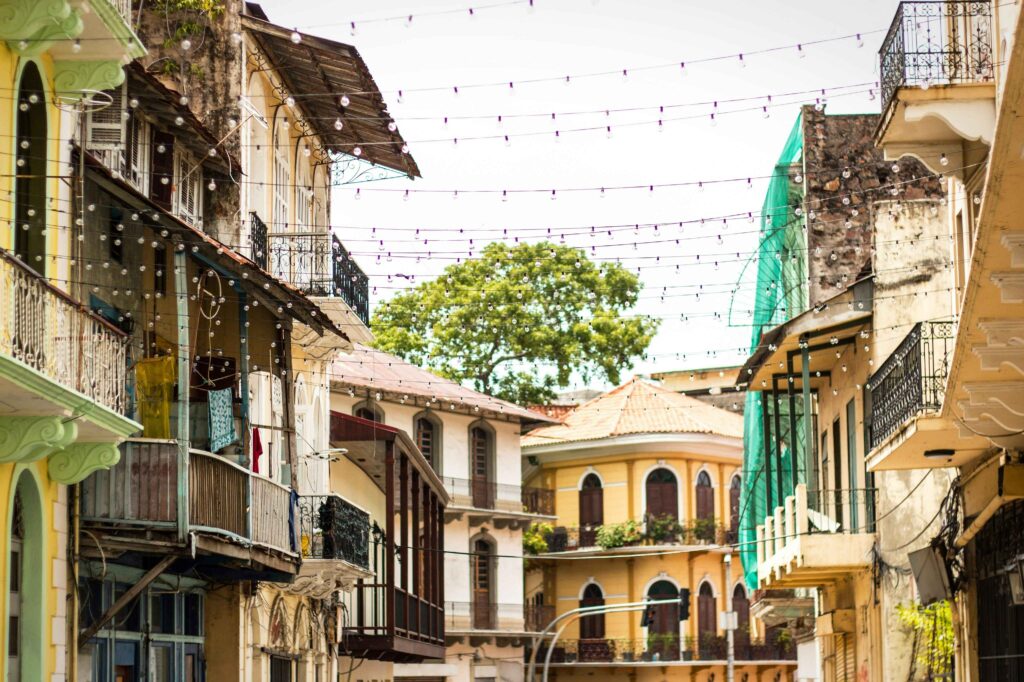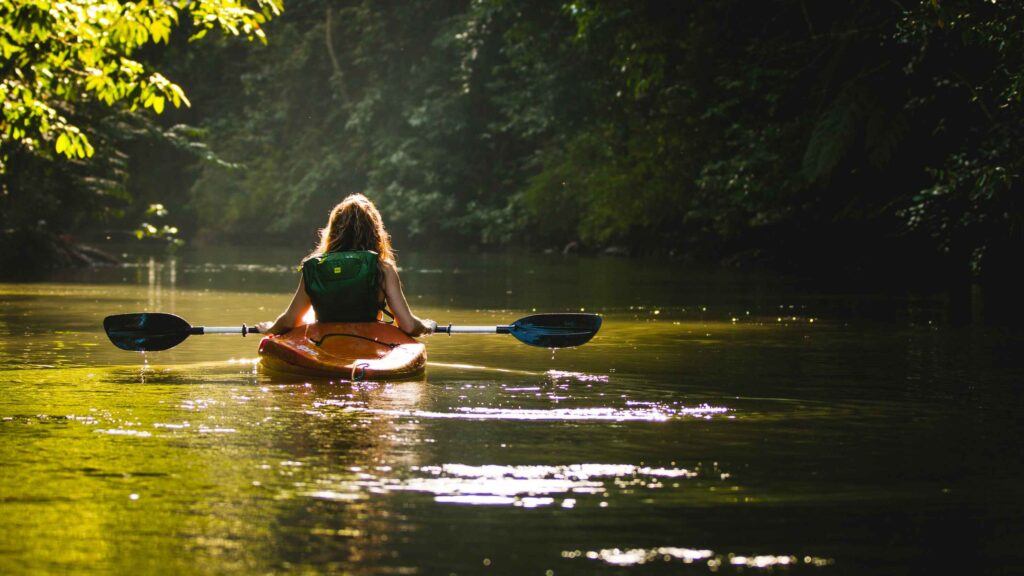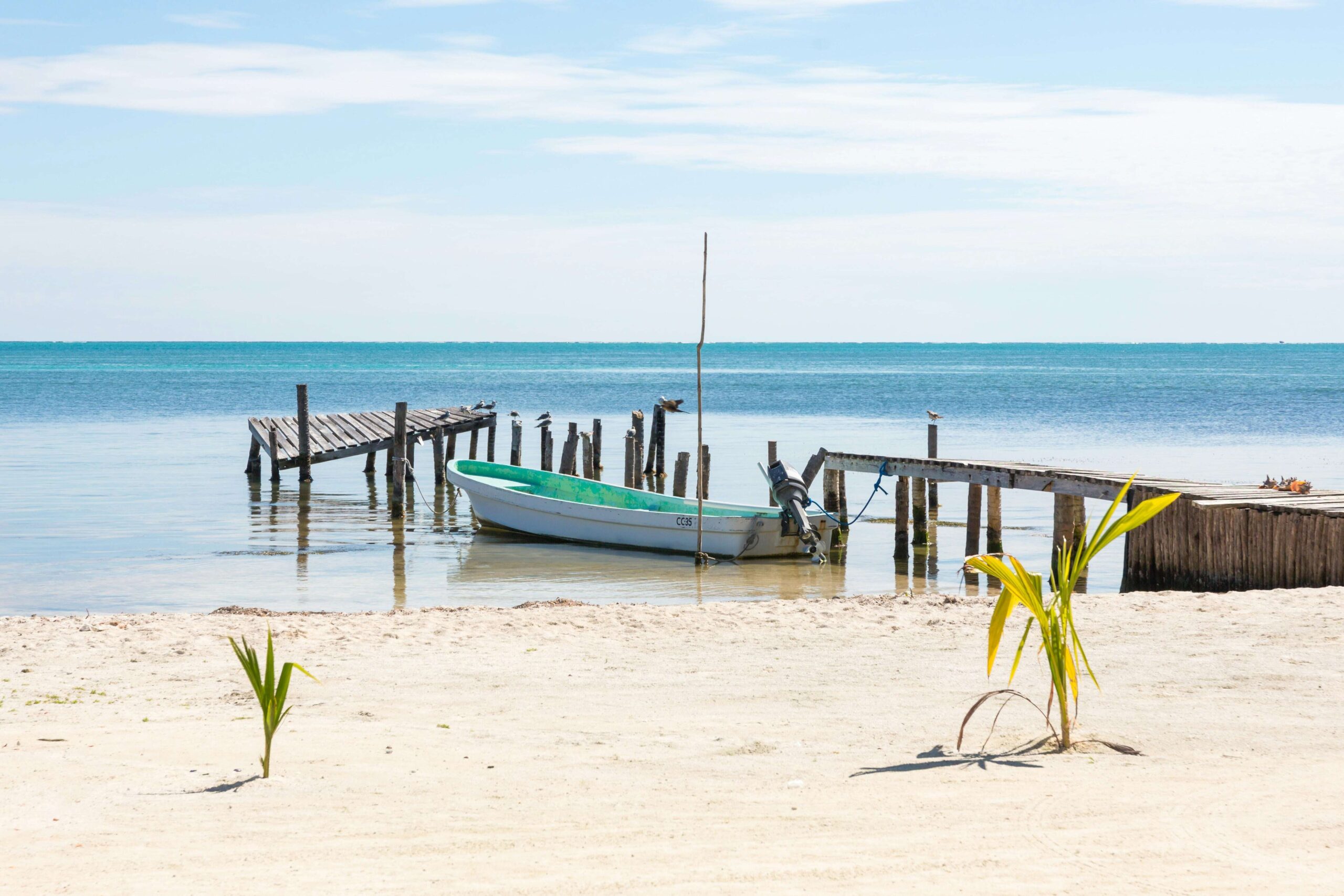If you’re planning to move abroad and you’ve narrowed your choices down to Costa Rica, Belize, and Panama, you’re in the right place. Before making the leap onto tropical horizons, there are several important factors to consider when thinking about living abroad.
Costa Rica, Belize, and Panama are three popular destinations for Canadians seeking freedom abroad. Still, it’s essential to understand the differences between them so that you can choose the destination that most aligns with your finances and lifestyle.
In this guide we will navigate you through making sense of foreign income, understanding the ease of putting down roots abroad, and tackling the cost of living in the tropics all to help you thrive in your new home abroad.
Taxation on Foreign Income
As a Canadian living abroad, you can still find local freedom with your foreign funds, especially when it comes to taxation implications. You may be able to lower your tax burden depending on the country you choose to move to.
While foreign-sourced income remains untaxed, it’s still important to account for, so be mindful of your Canadian reporting requirements. You could see significant penalties when reporting your Canadian tax return if you are not filing the correct form for assets, especially when it comes to owning foreign property.
In this section, we’ll break down the basics of balancing the books for those considering seeking freedom abroad in the top expat destinations of Latin America.
Costa Rica’s Zero-Tax on Foreign Income Policy
Some may consider Costa Rica a dream destination to live abroad especially when it comes to taxes on foreign income. This is because Costa Rica does not tax foreign-sourced income. This includes pension and investment incomes as well as other foreign funds. Maintaining your investments in Canada and working remotely can have substantial financial benefits.
Tax Exempt Advantages in Belize
Thanks to Belize’s territorial tax system, any worldwide income is generally not subject to Belizean taxes. You’ll only be taxed on income generated within Belize. Therefore, your pension income and income from a source outside of Belize are exempt.
Additionally, Belize has no capital gains tax, wealth tax, or inheritance tax offering attractive tax advantages for expats. Self-employed individuals in Belize or those earning rental income can expect to pay taxes on their locally earned income.
Panama’s Foreign Income Tax Exemptions
Panama’s income tax policy is one of the best in Latin America, offering a major perk: if your income comes from outside the country, you won’t pay any tax on it. This includes foreign-sourced income like pensions from abroad.
It is also a significant advantage for digital nomads and business owners operating from outside of Panama. Panama also doesn’t have inheritance and gift taxes or net-worth taxes.
Expats will only be taxed on income earned within the country, such as salaries from Panama-based businesses, rental income, and other earnings from Panamanian sources. So, your earnings from outside Panama remain untaxed.
The Bottom Line on Taxes
Costa Rica, Belize, and Panama all share similar advantages of being a territorial tax system, offering a way for Canadians to earn foreign income without paying local taxes.

Acquiring Permanent Residency Abroad
Obtaining residency in a foreign country can be a lengthy process, taking usually a minimum of 2 years. It requires choosing the appropriate residency category, gathering and authenticating supporting documents, completing criminal record checks, and more, depending on the status you’re applying for.
When the time comes to transition from temporary to permanent residency there are a range of long-term benefits, making the effort well worth it. In many cases, you’ll be able to work for a local business, enjoy stability without frequent visa renewals, access to the national healthcare system, and, eventually, be eligible for citizenship.
However, the freedom of a permanent residency card comes with requirements that vary by country.
Costa Rica’s Permanent Residency System
To qualify for permanent residency in Costa Rica, foreigners must have held temporary residency status for a minimum of three years before looking to convert to permanent residency.
The most popular temporary residency categories to convert to permanent residency are:
- Pensionado Residency: Demonstrate a minimum of USD $1,000 per month steady stream of income from a pension or retirement fund.
- Rentista Residency: Be able to show you will receive USD $2,500 per month for two years from investment income.
- Inversionista Residency: Have evidence of a minimum USD $150,000 investment in Costa Rica.
The other alternative is to have an immediate family relationship (in the first degree) with a Costa Rican citizen. There is no set timeframe that the permanent process will take, however, you can expect it to take at least several months.
Understanding Belize’s Permanent Residency Requirements
The requirements for obtaining permanent residency in Belize are straightforward and offer many advantages for those wanting to establish a life in the country.
The qualifications for applying for permanent residency in Belize are:
- Remain in Belize for at least one year without leaving for more than 2 weeks (14 days). If you exceed the two-week allowance for time outside the country, your residency process application may be rejected and will reset.
- Show proof of sufficient and stable financial resources to support yourself financially.
- Be free from convictions of serious crimes in any country that could have led to a prison sentence of a year or more, and you must not have been given a free pardon for that crime.
Permanent residency in Belize allows you to pursue jobs in Belize that would normally require a work permit. It also allows you to hold a Belizean bank account and move freely in and out of the country without restriction. After five years of permanent residency, Canadians are eligible to apply for full citizenship.
Navigating Panama’s Residency Requirements
If you’re considering living in Panama permanently, there are several temporary residency visa options, leading to permanent residency.
The three most commonly pursued visa options are:
- Pensioner Visa
- Friendly Nations Visa
- Qualified Investor Visa
Pensioner Visa (Retiree/ Pensionado Visa)
The Pensionado Program is ideal for retirees who receive a pension of at least USD $1,000 per month, plus USD $250 per month for each dependent. Even if you have retired early, you can still qualify since you need to be 18 years or older for the Pensionado visa. This visa is one of the quickest temporary residency options and can have you on your way to your permanent residency card in less than a year.
Friendly Nations Visa
The Friendly Nations visa is available to individuals from 50 eligible countries, including Canada. This allows passport holders from these nations to apply for a temporary residency that will convert to permanent residency after two years. The three official pathways to a Friendly Nations visa in Panama are:
- An employment contract and full-time employment salary with an existing Panamanian company and up-to-date government filings.
- Purchase real estate in Panama for at least USD $200,000 (as of January 2025) and show proof of continued ownership.
- A year-year fixed term deposit of USD $200,000 in a Certificate of Deposit (CD) at a licensed Panamanian bank.
After five years of permanent residency, you can apply for Panamanian citizenship through naturalization.
Qualified Investor Visa
The Qualified Investor Visa is geared towards investors in real estate, the Panama stock market, and bank investment. To apply for the Qualified Investor visa, you must meet one of the following requirements:
- Real estate investment of USD $300,000 in Panama.
- Have a real estate sale agreement for USD $500,000, free of liens.
- Panama stock market investment through a licensed Panama brokerage firm of USD $500,000.
- Bank fixed term deposit of USD $750,000 in a licensed Panama bank.
Although there is quite a bit of paperwork to process and authenticate, this route to permanent residency in Panama is often referred to as the Golden Visa or Red Carpet Visa, since it is considered one of the faster options. If all your documents are properly prepared, notarized, apostilled, or stamped by the appropriate authorities, the processing time for permanent residency can be around 30 days.
Other Pathways to Residency in Panama
Outside of these three common residency programs, Panama also offers residency through the following avenues:
- Marriage Visa: A legal and valid marriage with verifying documentation to a Panamanian national and eligibility for citizenship after three years.
- The Reforestation Visa: An investment of at least USD $100,000 in an approved reforestation project and the option to pursue citizenship after five years.
- Panama Self-Economic Solvency Visa: This visa is for those making a significant investment in Panama. This can be through depositing USD $300,000 in a Panamanian bank, investing the equal sum into real estate, or a combination of both.
The Bottom Line on Visas
Most pathways to permanent residency in Costa Rica, Panama, and Belize begin with the initial step of temporary residency, eventually leading to a stable and secure status in your new home abroad. A key commonality among these countries is the requirement to demonstrate sufficient financial resources to support yourself or to make a significant investment in the country.
However, the financial expectations and the required amount of time you must spend in each country can vary significantly when first pursuing temporary residency before the security of permanent residency. It is important to assess which country aligns with your ability to fulfill these requirements.

The Cost of Living Abroad
One’s cost of living abroad greatly depends on where in Costa Rica, Belize, and Panama you decide to lay down your roots.
Generally, popular expat locations, like the beach communities, will come with a higher price tag when it comes to rental costs and dining out. You can still enjoy the finer things in life but you have to plan accordingly and create a realistic budget for the lifestyle you want to have living abroad.
For example, cell phone plans are a lot less than in Canada along with your water bill being drastically cheaper. On the other hand, you can face new or different bills like an increase in your AC and having to start paying for your healthcare expenses.
Understanding Costa Rica’s Living Costs
Costa Rica is not a destination to move to if your goal is to save money, unless you choose to live like a local. There are many ways to cut costs, such as eating out at the local restaurants, shopping at the farmers markets, and living without many of the unnecessary luxuries of home.
If you’re hoping to live the same way you did back home, expect costs to be pretty similar for a lot of things. A single person can comfortably live on around CAD $2,500 per month, and a couple can get by on about CAD $3,500. This includes housing, electricity, food, and transportation. But if you’re looking to explore and live your best life in your new home abroad, you’ll want to make sure you have a little extra in your budget.
Living Expenses in Belize
Like Costa Rica, Belize offers tropical sunny days and coastal living with accessible healthcare. The average cost of living for a single person is around CAD $2,200 per month and around CAD $3,000 for a couple.
Rental costs can vary greatly depending on the region you choose to settle down. From seeking out popular expat areas with a beachfront home to a one-bedroom home outside the heart of the city, the lifestyle you choose will determine your cost of living. Stocking up on local produce and savoring the flavors of the country will help keep your food bill down, while the tropical climate can help electricity costs by air drying your clothes. It can all balance itself out with a bit of planning.
Panamanian Cost of Living
You can live the dream without breaking the bank in Panama with a single person enjoying life on a minimum budget of CAD $1,500 per month and CAD $2,000 per couple.
With a lower cost of living compared to many North American cities and neighboring countries, Panama offers a high quality of life at a more budget-friendly price. This makes it an attractive option for expats seeking a new home.
Retirees who choose the Pensionado Visa gain access to Panama’s incredible Pensionado discount program. It offers significant savings, from discounted airfare and public transit to discounts on dining, prescriptions, and electric bills.
The Bottom Line on Cost of Living
Your cost of living will largely depend on the lifestyle you choose abroad, whether living like a local or maintaining the lifestyle you’re accustomed to. It’s important to thoroughly assess average expenses before making the move to one of these Central American countries, as costs vary significantly.
Imported goods, such as food, appliances, and vehicles, tend to be more expensive. While you may save on heating costs in a tropical climate, you might end up spending more on battling mold or cooling your home if you’re living by the beach. Consider what you’re willing to live without, what you’re prepared to pay more for, and what truly matters to you as you prepare for freedom abroad.
Final Thoughts on Finding Freedom in Costa Rica, Belize, and Panama
Choosing where to live abroad doesn’t need to overwhelm you if you know how to compare the different countries on three key factors: taxes, residency visas, and cost of living.
Costa Rica, Belize, and Panama are all tax-friendly destinations for Canadians, because of their territorial tax systems. This makes managing your finances abroad significantly easier.
All of these countries also provide pathways to permanent residency for those who can prove financial stability. Whether through reliable income and pension, substantial savings, or a significant investment into the country, there is most likely at least one option that’s right for you.
Additionally, these Central American countries offer a lower cost of living. From lower rent prices to reduced utility bills to more affordable internet services, you’ll find noticeable monthly savings.
With the right research, thoughtful planning, and getting to know the ins and outs of your home away from home, the pieces of your dream life abroad can fall perfectly into place.
If you’d like support navigating the ins and outs of international relocation for Canadians, contact Freedom Abroad today with your questions.
Sources:
- https://costaricalaw.com
- https://immigration.gov.bz/
- https://belize.com
- https://panamasovereign.com/
- www.relofirm.com
- www.greenbacktaxservices.com
Featured Image Source: Photo by Michiel Ton on Unsplash.
